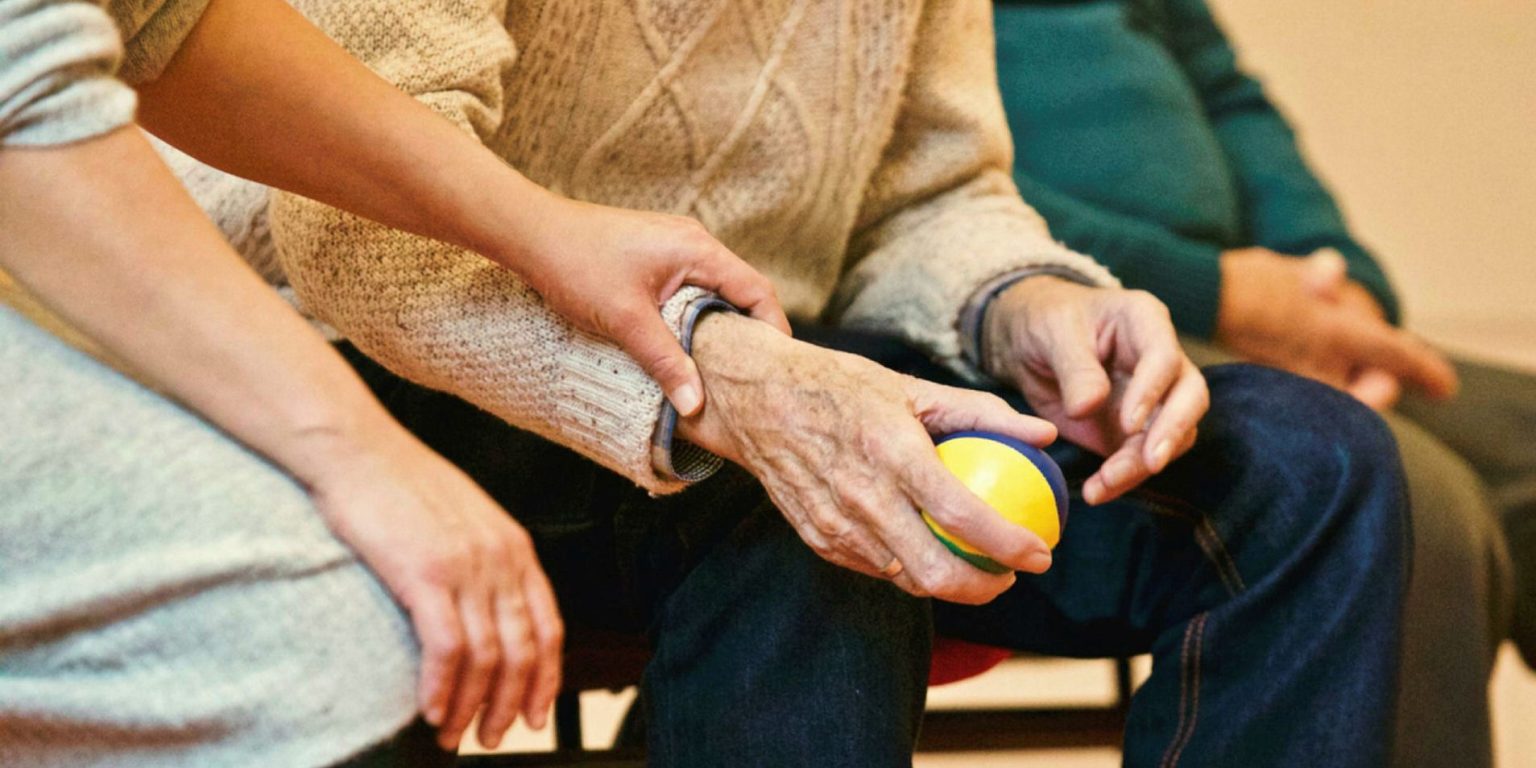Fulfilling the challenges of cultural and familial obligations while engaging in paid labour can lead to psychological stress, less time for self-care, and role conflict, as is seen in many societies from which Canada’s visible minority immigrants/refugees come. In urban-rural areas, such as those in Grand Erie, culturally appropriate home care services are virtually absent. These regions are now experiencing increased migration from visible minority populations due to federal dispersion policies that are pushing immigrants into smaller urban-rural areas; even though supports in these communities are minimal in comparison to large urban centers. Federal dispersion policies, combined with the lack of choice with respect to their decision to provide care, are key influences on the health of visible minority immigrant caregiver-employees (CEs’) health.
The purpose of this study is to explore the experiences of vulnerable caregiver-employees (CEs) from the immigrant visible minority population living in Southern Ontario, Canada. The research question guiding this study is: How do visible minority immigrant vulnerable caregiver-employees (CEs) experience role strain and associated health outcomes in the context of informal caregiving and paid work? Further, this study will answer: How do sex, gender, ethnicity and geography (e.g., rural region) intersect to influence visible minority immigrant vulnerable caregiver-employees (CEs’) health?
Findings
The findings of this project have been summarized in two research briefs.
Expandable List
B. Sethi & A. Williams. (2016). “Microaggressions of Caregiver Employees: What has social work got to do with it?” Diversity and Equality in Health Care. 13(5): 365-371. Click here to access full article.
Sethi, B., and A. Williams (2017) “Working multiple shifts: Intersecting dynamics of gender, employment status, and immigrant status in the experiences of immigrant caregiver-employees in urban rural Canada.” Frontiers in Women’s Health 2.1: 2-9. Click here to access full article.
Sethi, B., Williams, A. & Ireson, R. (2017). “Supporting Caregiver Employees: Managers Perspectives in Canada.” International Journal of Workplace Health Management, 10 (1), 25-41. Click here to access full article.
B. Sethi, A. Williams. (2015). “Working multiple shifts: Experiences of immigrant/refugee caregiver employees (CEs) in Grand Erie”. Poster. Vanier Institute of the Family, Families in Canada Conference 2015. June 10-11 2015.
B. Sethi, A. Williams. (2015). “Immigrant/Refugee Employees and Caregiving: A Case Study of Caregiver-Employees in Grand Erie, Ontario”. Abstract submitted to Summer Program in Aging (SPA). Toronto, Ontario. June 1-5 2015.
B. Sethi, A. Williams. (2015). “Immigrant Caregivers: Invisible and Silent”. McMaster Global Citizenship Conference 2015, Home. March 21st 2015.
B. Sethi, A. Williams. (2015). “Working multiple shifts: Experiences of immigrant/refugee caregiver employees (CEs) in Grand Erie”. CAG 2015, From Possibility to Practice in Aging: Shaping a Future for All. October 23-25 2015.
Sethi, B. & Williams, A. (2016). Microaggressions of caregiver employees. Canadian Association on Gerontology (CAG) 2016: Fostering Innovation in Research on Aging. Montreal, Canada. October 20-22, 2016.
Sethi, B. & Williams, A (2017). Microaggressions of caregiver employees: Social Work Implications. Strangers in New Homelands Conference, Winnipeg, Manitoba, Canada. November 1-3, 2017.
Sethi, B. & Williams, A. (2017). Working multiple shifts: Intersecting dynamics of gender, employment status, and immigrant status in the experiences of immigrant caregiver-employees in urban-rural Canada. Law, Work, and Family Care: A Symposium, February 17-18, York University, Toronto, Ontario
Information Box Group


The Hill Times ➚
The health-care system’s hidden backbone: workplace supports for economic sustainability
News


